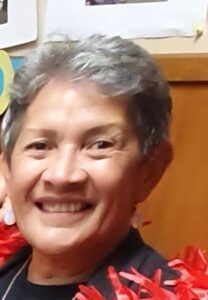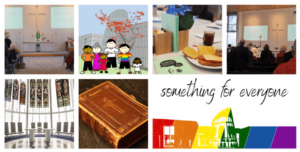Time to Listen to our Fear – Sande Ramage
Kali the Labrador, my closest living being, is in COVID19 lockdown with me.

She’s the leader here because, like her wolf ancestors, she lives out of instinct, attuned to unseen forces and energies. But if I pay attention, she gives me clues about how to be in service to an inner authority, rather than kowtowing to external systems I’ve absorbed from family, religious, political or cultural groups.
Understanding where our individual source of authority arises from becomes even more important when we are living isolated lives, watching the virus trample borders and dismantle social structures as it sweeps across the globe. In such a radically changed world, it can be difficult to get a grip on what our meaning and purpose is all about.
Endless internet trawling is one option for searching out what appears to be truth. Believe me, I could have a higher degree in it given the amount I’ve done. But whilst that can give information and a fragile sense of security, it does little to stabilise our inner basement where fears are waiting to haunt us when we wake in the night.
Working out my inner source of authority is not about ego, pretending I can do anything by forcing my own path through sheer determination and willpower. Neither is it about being rebellious or, wanting to undermine the system for the hell of it, although it can be read like that. Instead, it’s part of recognising that we are creatures caught in a bind. Encouraged to believe that the external world matters more and that our internal world is not real or scientifically validated.
Even though it’s still somewhat mysterious, I’m instinctively aware that there’s a source of wisdom deep within that’s not easily accessible. The strange thing is that it becomes more apparent when I pick myself up off the floor after making the same mistake, yet again. As I’ve begun to see my repeating patterns, I’ve formed a tentative willingness to face into and explore the reality of my inner world, all the while knowing that it can be a perilous journey.
The discomfort of that often brings on a process of questioning traditional sources of authority. In Living an Examined Life: Wisdom for the Second Half of the Journey, James Hollis argues that this process is akin to stepping out from under the parental shade to be able, through our own suffering, to come to consciousness and through being humbled to start anew.
Hollis is forceful in his view: ‘Only when the incestuous values of tribalism – the most emotionally seductive but psychologically primitive, culturally impoverished and dangerous idea of all – are transcended does renewal ever come to the person or group’. That’s stark.
In my case, tribalism has been organised religion, but I’d never thought about it in quite the terms Hollis uses until the quote flew off the page at me. I reflected that although the Christian tradition has often been an open doorway for my spiritual development, it has equally been a trap demanding unquestioning conformity. This has been most apparent when I’ve challenged accepted theological positions and the right of the organisation to force me to go along with those. Others will have experienced similar things in family, political or cultural situations.
Despite that I remain deeply religious, that is, I lean into the mystery, the source of being and that which is more, but as I have come to understand it, not as an external authority tells me it is. This doesn’t happen easily.

Read the rest of the article here on Sande’s Blog Spiritedcrone.co.nz
Sande’s day job is as the Spiritual Care Coordinator at MidCentral DHB in Palmerston North, New Zealand.


